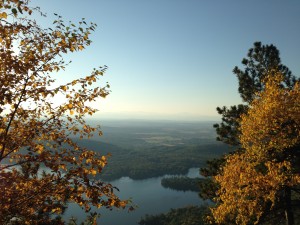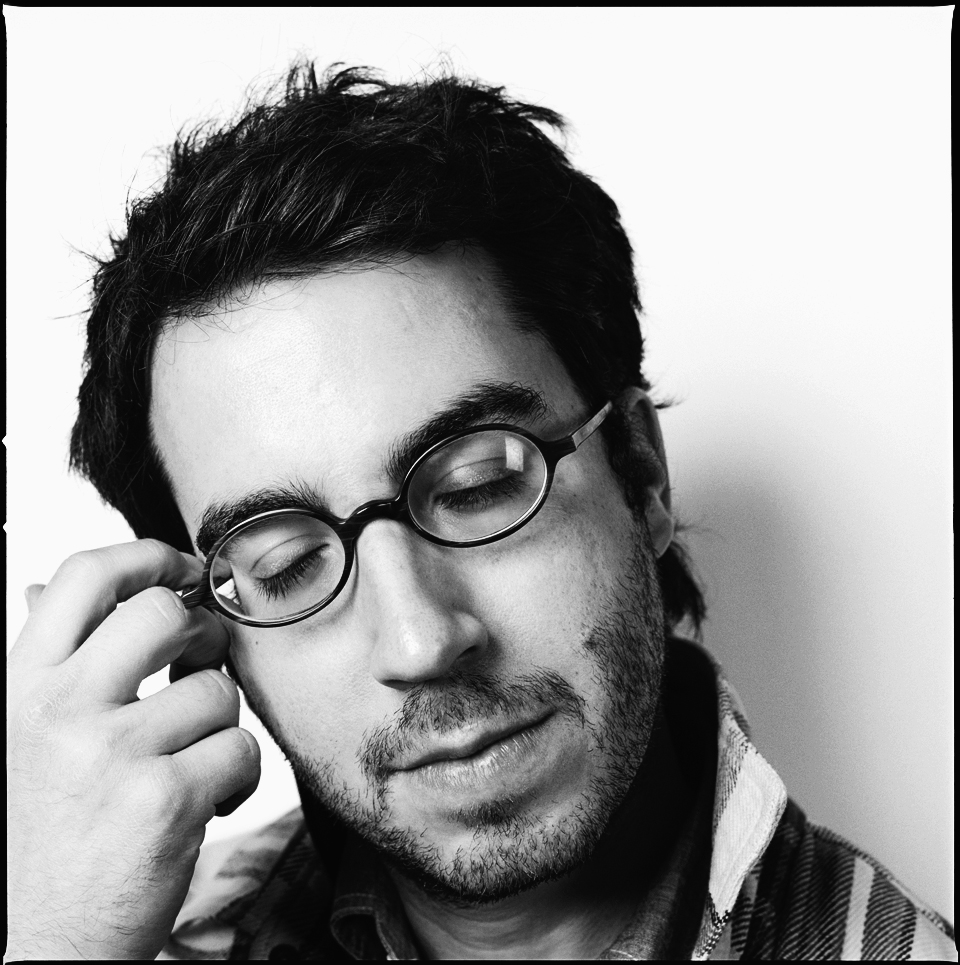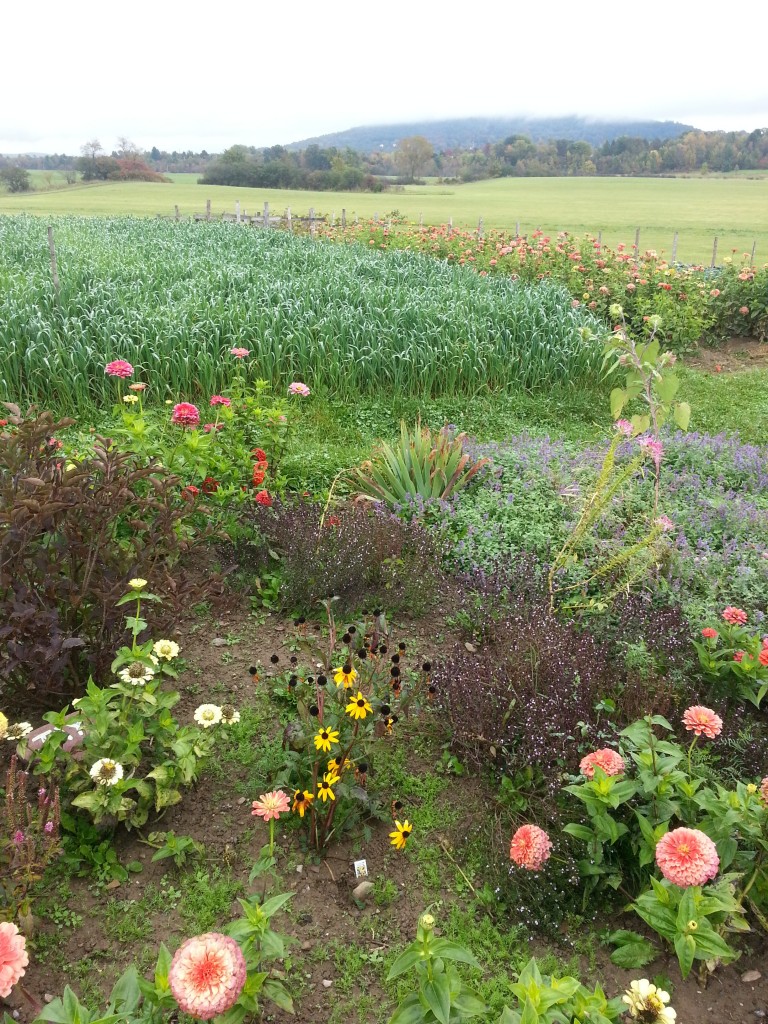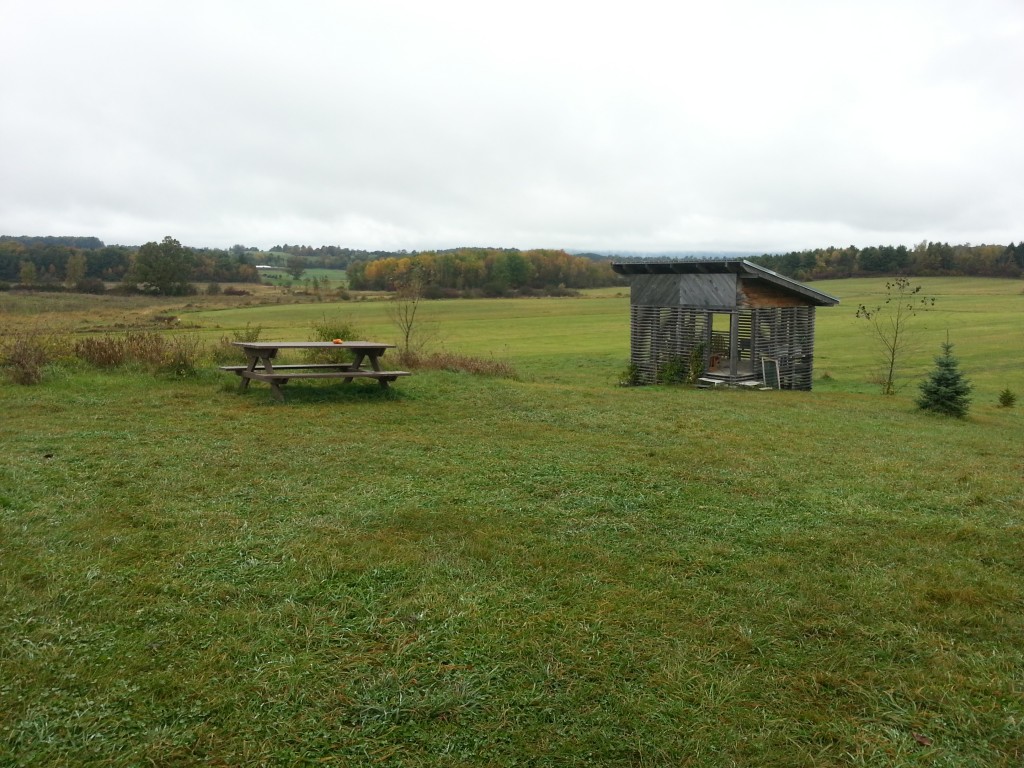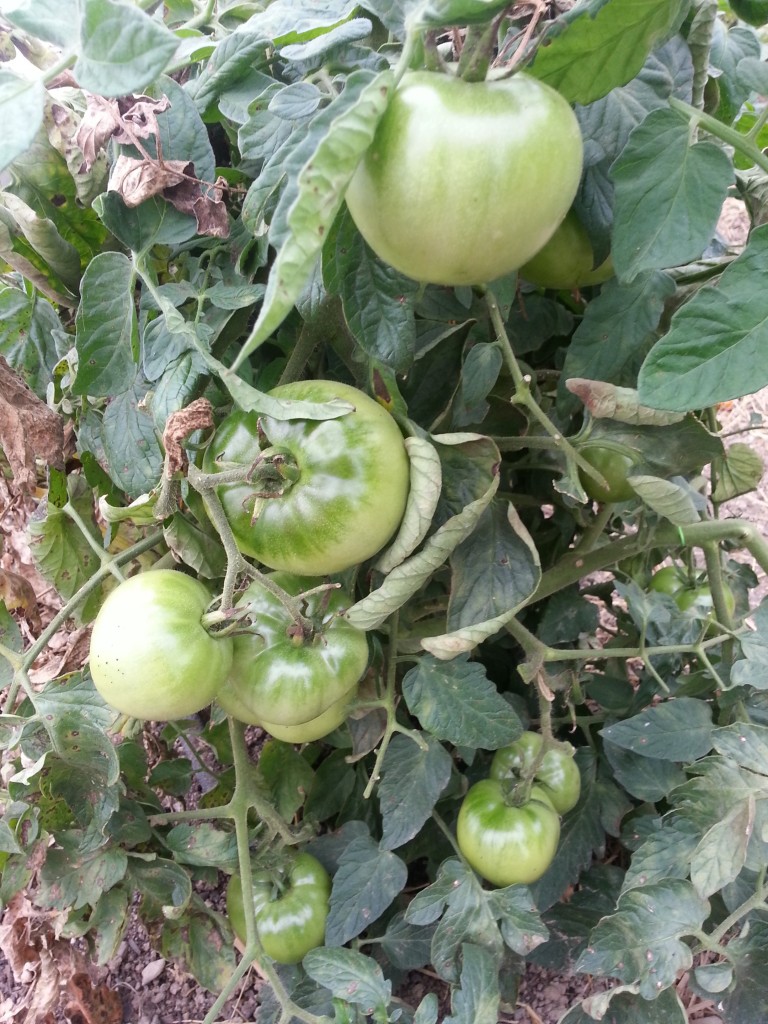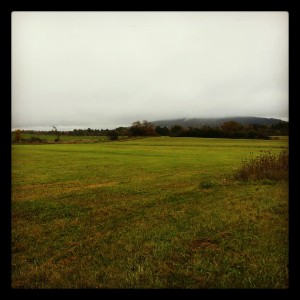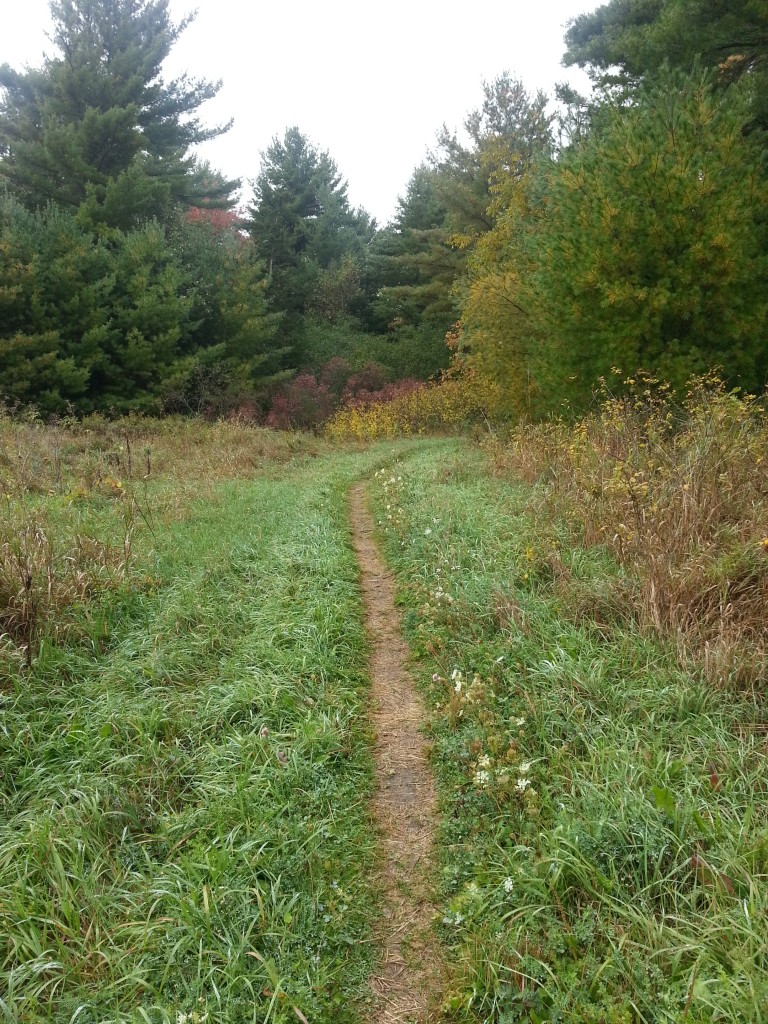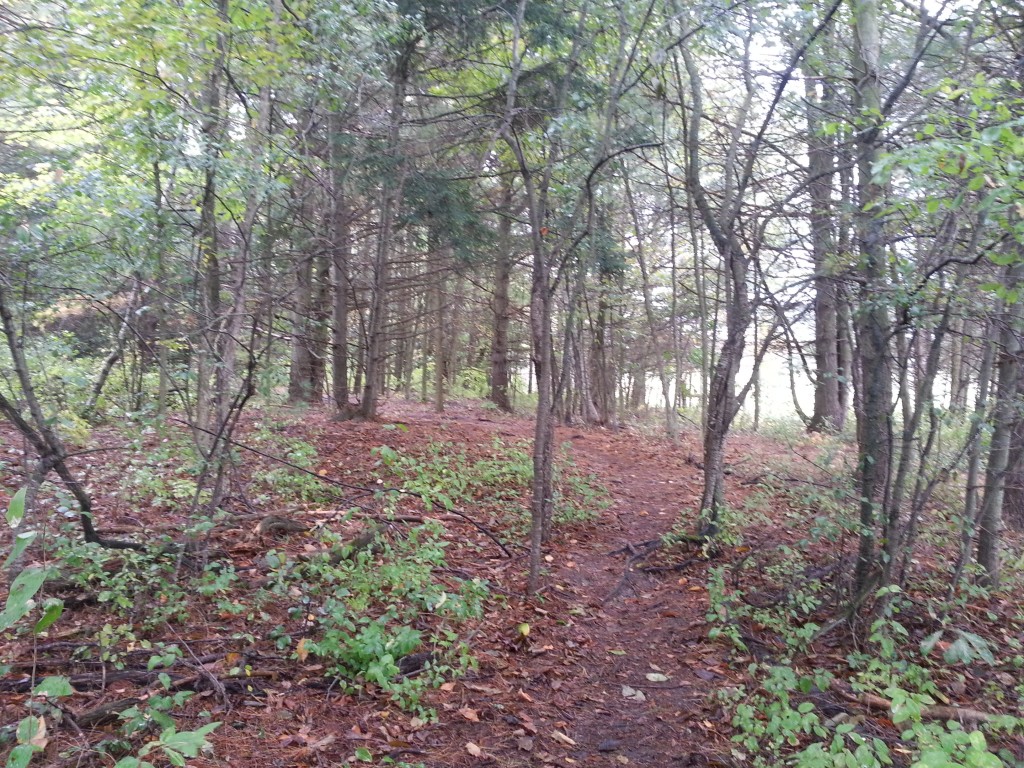Almost exactly one year ago, I left the idyllic New England town of Middlebury, Vermont in order to board a plane to Istanbul – a sprawling metropolis of 14 million people and millennia of history. Because of this one-year anniversary, this week I was filled with nostalgia for my time in Turkey. My reminiscing also had a lot to do with my thesis: over the fall semester and during J-term, I was writing my History thesis on the Ottoman Empire’s relationship with Britain in the 1870s. After the triumphant moment turning in the thesis (professionally bound with a sharp-looking title page, thanks to the great staff at the Reprographics office), I kept thinking about how the academic journey of the past five months was largely the result of my decision to study abroad and to go outside my comfort zone.

A view of the Golden Horn in Istanbul, the peninsula filled with historic sites like the Hagia Sofia and the Blue Mosque.
It is fitting that my journey studying Turkey ends (for now) in J-term, because that is where it all began. During my sophomore year, I took a J-term course called Euro-Atlantic Relations. Taught by a veteran Middlebury Winter Term instructor, the course was a 360-degree look at NATO and the state of the alliance between the United States and Europe. As a part of the course and with the excellent advising of Stan Sloan, the instructor, I undertook a research project into Turkey’s relationship with the European Union. Inspired by the research, I signed up to study abroad in Istanbul.
It was a risk in many ways – I didn’t speak Turkish, had never been to Turkey before, and was worried about giving up opportunities for involvement on campus in the spring semester, particularly given my responsibilities as an editor of the newspaper. However, looking back, I am so happy that I made the decision and am always advocating study abroad to other Middlebury students who are weighing similar trade-offs.
It’s tough to concisely describe how much I learned in Istanbul. There was the immense amount I learned in courses on Turkish history and politics at Boğaziçi University – knowledge that I relied on time and time again while writing my thesis. I also experienced a great deal of personal growth. I had never lived in a city bigger than Appleton, Wisconsin for any considerable length of time, and learning to navigate Istanbul, while a challenge at first, had huge rewards. I now feel like I can survive and thrive in a new environment, no matter how big the learning curve in terms of language or culture.
I’m hoping to return to Turkey after I graduate this spring. My journey there and back again is an example of how experiences at Middlebury can change you in unexpected and exciting ways. Had I not taken the Euro-Atlantic relations course, I might be remising today about totally different but equally rewarding memories.

